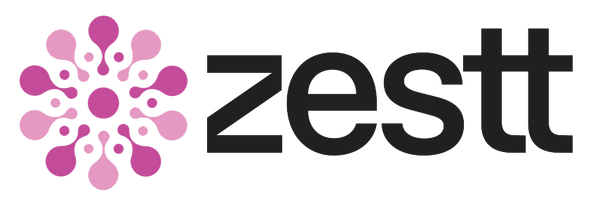There are several high-profile companies aiming to produce human breast milk using cellular technology. It is no secret that these companies aim to disrupt the dairy industry, but for some reason, I was quite shocked when I understood these companies are developing human breastmilk, not cow’s milk.
I’m not sure why I am shocked, after all, infant formula producers have been attempting to replicate human breast milk for decades. Is it because I feel squeamish about breastmilk?
Gosh, I hope not, because that would be ridiculous. Perhaps it’s because I feel that human breastmilk and breastfeeding is so incredibly special, almost sacrosanct and this feels like a more overt invasion of that. Or perhaps, I am struggling with change, I need to get over myself and young mothers will feel differently!
Anyway, my thoughts aside, North Carolina company, BIOMILQ have announced that they can create a product that contains a comprehensive suite of human milk proteins that “function to nourish but also protect infants,” also stating that “families can achieve the recommended six months of exclusive breastfeeding while alleviating the climate impacts of bovine-based infant formula.”
To shake things up further, BIOMILQ proudly state on their website that “we’re women owned, science-led and mother-centred,” a clear jab at in the industrially focussed, male dominated dairy industry.
In a similar vein, another cell-based breastmilk start-up, Singapore-based TurtleTree, is aiming to use cellular technology to produce lactoferrin, a globular protein which is known to fight infection and aid in brain developments in infants.
Lactoferrin has been a mainstay of dairy ingredient exports for New Zealand for some time and is in consistent high demand in China for infants and adults for enhancing immunity. Cellular agricultural companies targeting ingredients in this way will have a faster route to market than those attempting to stably produce a complex, multi-compound, whole milk product.
An Israeli based company BioMilk, has just listed on the Tel Aviv stick exchange, becoming the world’s first publicly traded cell-based milk company. They produce human and cow’s milk from cells and are planning to release their first samples in the next two years. They state their product will have health and safety advantages over agricultural cow’s milk, “slashing the need for antibiotics or hormones.”
The size and success of the infant formula industry is enormous, building on the fact that more than 80% of new mothers in the US and UK start out breastfeeding, but only half and a third, respectively, still do so exclusively at six months. Globally, this figure is only 37%.
The challenge for companies in disrupting this market will be in overcoming the technical and cost barriers to scaling - TurtleTree Labs is currently optimising their lactation process in a five-litre bioreactor, which they hope to scale up linearly to industrial sizes of 1,000 and 50,000 litres in the next year.
It’s fair to say, they are a long way off replicating global milk production numbers. In New Zealand alone, we consume 400 million litres of milk per year and produce ~21 billion litres per year, a mere 3% of the global milk market. I haven’t been able to find suitable data to elucidate what proportion of New Zealand’s milk is used to make infant formula.
A second challenge for these companies, will be the regulatory environment. It is ethically challenging to conduct clinical trials on infants. Lab-grown breast milk is unchartered waters from a regulatory perspective and there are no ways to classify it currently – we can expect a long regulatory tunnel which will be lobbied for by those with vested interests.
Finally, breast milk is a dynamic substance that responds to a baby’s changing needs, saliva can flow backwards into the milk duct and signal to the mother the baby’s needs. Breastmilk can also introduce new tastes and smells to the baby, through the mother’s diet. And of course, breastmilk and breastfeeding are incredibly important in mother-baby bonding.
All of these companies acknowledge “breastmilk is best,” yet I do wonder how long it will take consumers to accept milk produced in cellular vats over traditionally produced cow’s milk. It will take an enormous amount of safety and clinical data to reassure mothers that milk produced in this way is suitable for their babies.
In my view, significant disruption is a decade away at a minimum, given the very real challenges ahead for these companies. Mind you, I have been wrong before!
 United States
United States New Zealand
New Zealand
